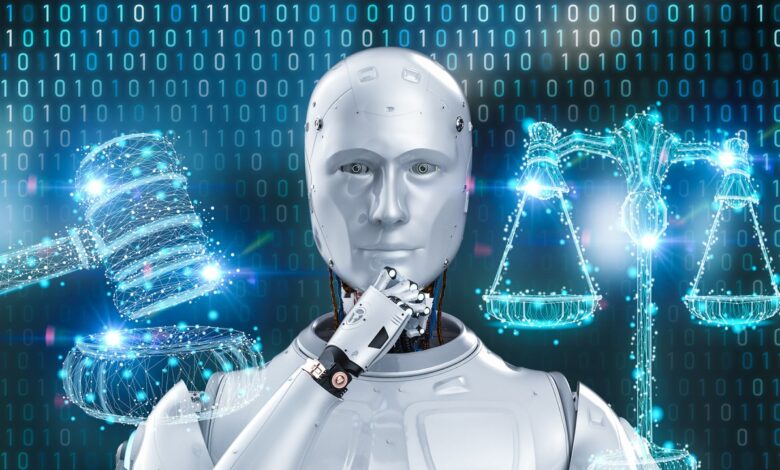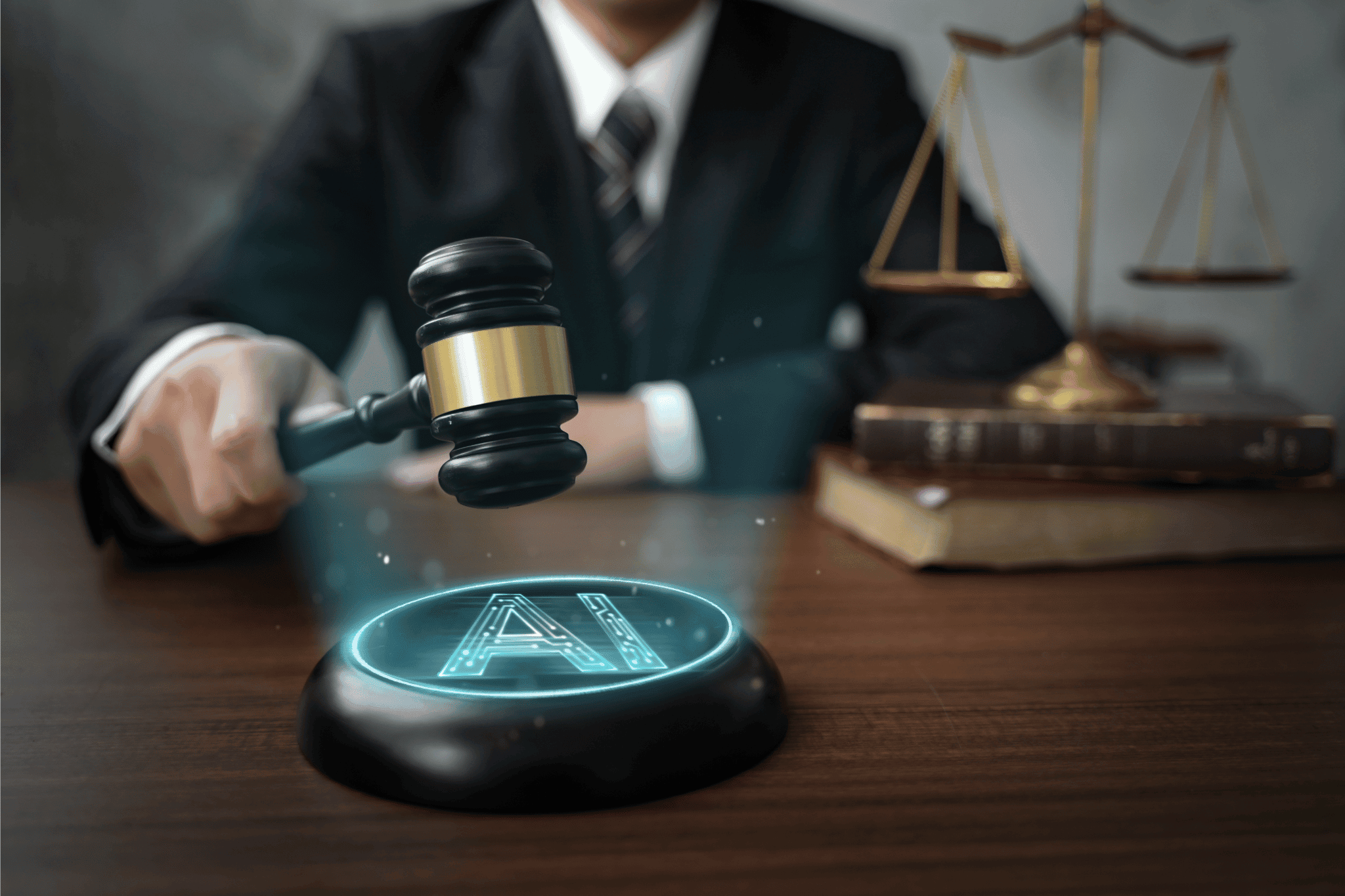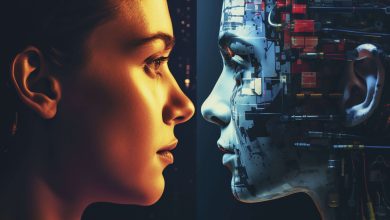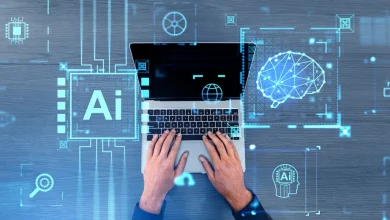
As employees, we all want to feel safe and protected in our workplaces. However, with the increasing adoption of Artificial Intelligence (AI) technologies, new risks and concerns have emerged. If you’re worried about how AI might impact your safety and legal rights at work, this blog post is for you.
It explores the potential risks of AI in the workplace, the importance of workers’ compensation laws, and the crucial role that a workers’ compensation attorney can play in protecting your interests.
AI’s Potential Impact on Worker Safety
While AI has the potential to automate repetitive and dangerous tasks, reducing the risk of human error and injury, it also introduces new hazards that may put workers at risk. AI systems can malfunction, make errors, or even behave in unexpected ways, potentially causing harm to employees operating or interacting with them.
These risks can range from physical injuries caused by malfunctioning machinery to psychological distress from interacting with AI systems that exhibit unintended behaviors. As AI becomes more prevalent in the workplace, it is crucial to address these potential safety concerns proactively to ensure a safe and secure work environment for all employees.
The Role of a Workers’ Comp Attorney
When navigating the complexities of AI-related workplace incidents, the expertise of a skilled workers’ compensation attorney becomes invaluable. These legal professionals play a vital role in safeguarding the rights and interests of injured employees.
Workers’ compensation laws vary significantly across different states in the U.S. For example, in states like California, New York, and Texas, the laws are designed to offer comprehensive coverage to injured workers, but the process of claiming benefits can be complex and challenging without legal assistance.
In Los Angeles, the situation is particularly nuanced due to the high prevalence of diverse industries and the rapid adoption of AI technologies. A workers compensation attorney Los Angeles can help injured workers understand their rights under California law, ensure they receive fair compensation for their injuries, and hold responsible parties accountable.
This includes addressing issues where AI systems may have contributed to workplace accidents, and ensuring that the legal framework adapts to these modern challenges.
Advocating for Employee Rights
In the face of AI-related workplace incidents, a skilled workers’ comp attorney can play a vital role in advocating for the rights and interests of injured employees. These legal professionals are well-versed in the intricacies of workers’ compensation laws and can help navigate the complex legal terrain surrounding AI-related claims.
Ensuring Fair Compensation
A workers’ compensation attorney can assist injured employees in obtaining fair and adequate compensation for their injuries, medical expenses, lost wages, and other damages. They can also help employees navigate the claims process and ensure that their rights are protected throughout the entire process.
Holding Responsible Parties Accountable
In cases where an AI system’s malfunction or error leads to a workplace injury, a workers’ comp attorney can work to hold the responsible parties accountable. This may involve pursuing legal action against the manufacturer, AI developer, or employer, depending on the specific circumstances of the case.
The Importance of Workers’ Compensation
In the face of AI-related workplace incidents, the significance of workers’ compensation laws cannot be overstated. These laws serve as a crucial safety net, providing financial protection and support to employees who sustain injuries or illnesses in the course of their employment.
Understanding Workers’ Compensation Laws
Workers’ compensation laws are designed to protect employees who suffer job-related injuries or illnesses. These laws provide medical benefits, wage replacement, and other forms of compensation to workers, regardless of who was at fault for the incident.
However, the introduction of AI in the workplace may complicate the application of these laws, as the legal framework was not initially designed to account for the unique challenges posed by AI systems.
Navigating the Legal Landscape
As AI becomes more prevalent in the workplace, it is crucial for employees to understand the legal landscape surrounding workers’ compensation and AI-related incidents. Failure to comply with relevant laws and regulations can result in significant legal and financial consequences for all parties involved.
Challenges in Liability and Accountability
One of the significant challenges arising from the integration of AI in the workplace is determining liability and accountability in the event of an accident or injury. When an AI system is involved in a workplace incident, it can be difficult to establish responsibility – is it the manufacturer, the employer, the AI developer, or a combination of these parties that should be held accountable?
This complexity arises because AI systems are often developed and deployed by multiple entities, each with varying levels of involvement and responsibility. Additionally, the rapidly evolving nature of AI technology and the lack of clear legal precedents further exacerbate the challenges in assigning liability and accountability in AI-related incidents.
| Potential Risk | Legal Implication |
| AI system malfunction or error | Determining liability and accountability |
| Unexpected AI behavior | Worker safety concerns |
| Lack of clear regulations | Challenges in applying existing legal frameworks |
| AI-related workplace injury | Workers’ compensation claims and fair compensation |
| Employer negligence | Holding responsible parties accountable |
Addressing the Challenges of AI in the Workplace
As the use of AI in the workplace continues to grow, it is imperative for employees to be vigilant and proactively address the unique challenges posed by this technology. Failure to do so can leave them vulnerable and expose them to potential risks and exploitation by employers.
Adapting Existing Legal Frameworks
As the use of AI in the workplace continues to grow, it is crucial for legal frameworks and workers’ compensation laws to evolve and adapt to address the unique challenges posed by this technology. Policymakers and legal experts must work together to develop clear guidelines and regulations that account for the potential risks and liabilities associated with AI systems in the workplace.
Promoting Responsible AI Development and Implementation
Additionally, there is a need for responsible AI development and implementation practices within the workplace. Worker safety should be prioritized and thorough risk assessments should be conducted before introducing AI systems into their operations. AI developers and manufacturers must also prioritize safety and ensure that their products are thoroughly tested and comply with relevant regulations.
Fostering Collaboration and Knowledge Sharing
To effectively address the risks of AI in the workplace, collaboration and knowledge sharing among stakeholders is essential. By fostering open communication and sharing best practices, the risks associated with AI can be better understood and mitigated, ultimately creating safer and more sustainable workplaces for all.
Conclusion
As AI continues to transform the workplace, it’s essential to stay informed and proactive in addressing the potential risks and legal implications. By understanding your rights, the role of workers’ compensation laws, and the importance of a skilled workers’ compensation attorney, you can protect yourself and ensure a safe and fair work environment. Remember, adopting new technologies like AI should never come at the cost of employee safety and well-being.
Frequently Asked Questions
How can workers’ compensation laws protect me if I’m injured due to an AI-related incident at work?
Workers’ compensation laws provide medical benefits, wage replacement, and other forms of compensation to employees who suffer job-related injuries or illnesses, regardless of who was at fault.
What challenges do existing legal frameworks face when dealing with AI-related incidents?
Many existing legal frameworks and workers’ compensation laws were not designed to account for the unique challenges posed by AI systems, making it difficult to determine liability and ensure fair compensation.
Why do I need a workers’ comp attorney?
A skilled workers’ comp attorney can advocate for your rights, ensure you receive fair compensation and hold responsible parties accountable in the event of an AI-related workplace injury.






